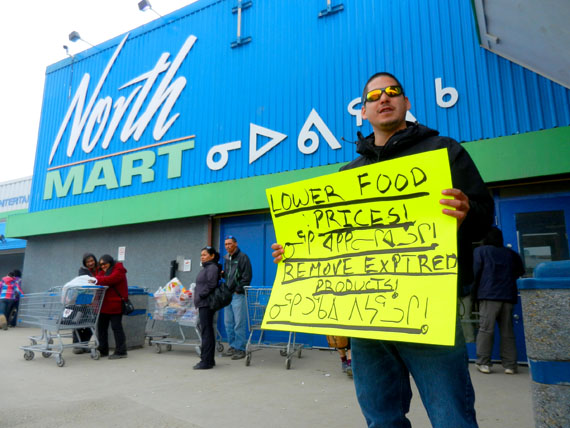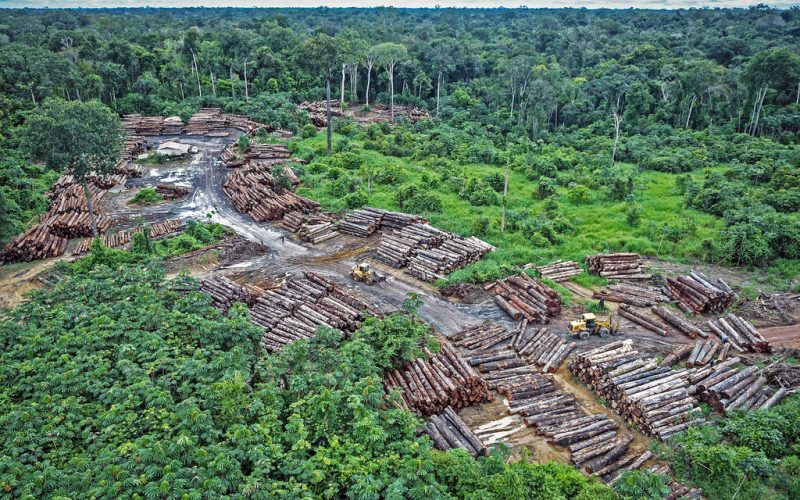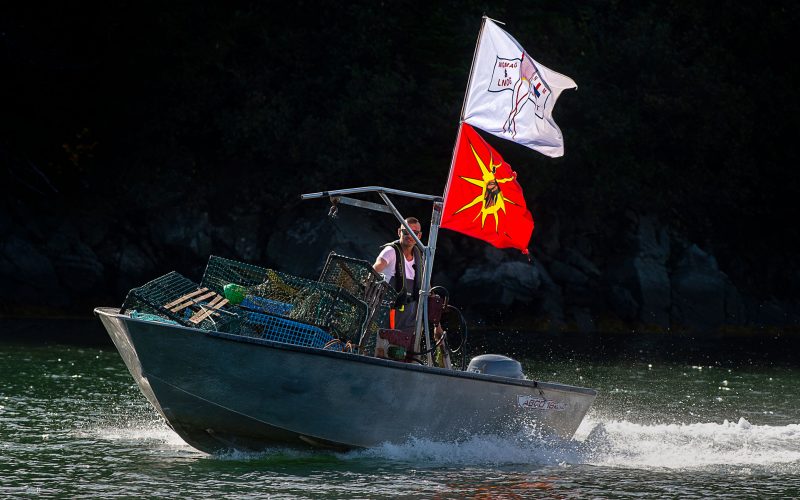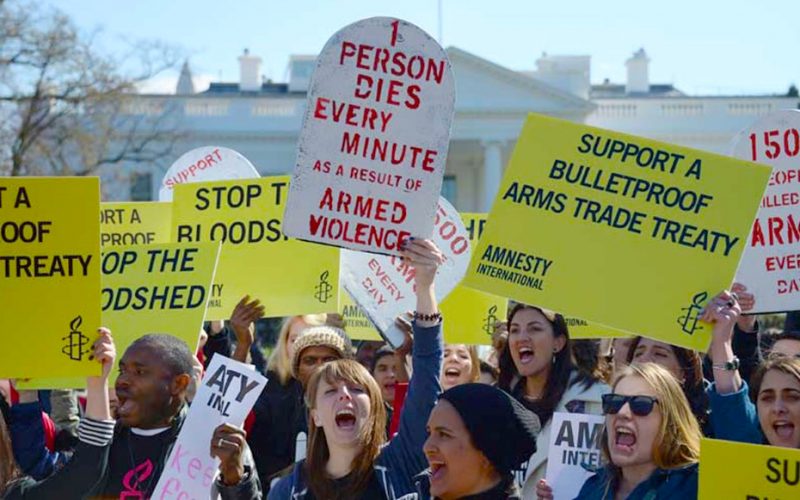Brazil is often celebrated for hosting part of the Amazon rainforest, known for its sheer size and diverse ecosystems, but the country also boasts another, lesser-known wildlife reservoir towards its […]

Food insecurity seldom comes to mind when considering Canada, a country recognized for its high standard of living. For those in the provinces, it may be shocking to hear the prices that those living in Northern Canada have to pay for such basic necessities. Yet food prices are so exorbitant that Northern Canadians, in particular the Indigenous communities that make up the majority of the population, are unable to sustain their families’ nutritional requirements. Government efforts to combat the issue are continuously insufficient and ineffective, exacerbating the structural inequalities faced by Indigenous populations in Canada.

“The enjoyment of the highest attainable standard of health is one of the fundamental rights of every human being without distinction of race, religion, political belief, economic or social condition,” according to the World Health Organization. Health as a human right, however, has been widely overlooked as it becomes increasingly threatened by the effects of climate change. The health effects are not only diverse but also overwhelmingly negative and wide-ranging. These effects being both direct and indirect will therefore impact all individuals as well as economies worldwide. Populations are pressured to change their diets, rapid changes to ice, snow, and land result in more life-threatening accidents, and natural sources of drinking water are disappearing and diminishing in quality. It is estimated that between 2030 and 2050, there will be 250,000 additional annual deaths resulting from heat exposure, malaria, diarrhoea, and childhood malnutrition. The protection of the environment has thus become a crucial part of the contemporary human rights doctrine. According to the Office of the High Commissions for Human Rights, “Human rights law requires each State to do more than merely refrain from interfering with human rights itself; it also requires the State to undertake due diligence to protect against such harm from other sources.” The State has a duty to its people to safeguard their well being even if it means regulating environmentally harmful corporations and industries. Therefore, it is the evident inaction by global institutions, such as governments, relating to the exacerbation of climate change that violates the fundamental human right to health.

The coronavirus, or COVID-19, has quickly swept across the world, leading the World Health Organization to announce on Wednesday March 11, 2020 that the issue has become a pandemic. The new label means the rapidly spreading virus has already begun spreading to countries around the globe and will likely continue to do so. Originating in Wuhan, China, there are now over 150,000 people worldwide who have contracted the virus.

The United States’ presidential election is just around the corner. Some will be watching with excitement, others with fear. Either way, Trump will be the first president in American history to run for re-election despite being formally impeached by Congress. With the Trump administration’s four year term coming to an end, there has been no shortage of politically charged social media feuds or content for SNL.

Canada is currently experiencing nationwide protests from Indigenous groups in opposition of the Coastal Gaslink pipeline. The pipeline is roughly 670 kilometers, spanning across British Columbia; it was designed to ease the export of natural gas in the province. Although it may seem like a good idea to some, it is creating issues with Indigenous communities as the pipeline would cut directly through their land. The Wet’suwet’en Indigenous group is directly affected by this pipeline; however, Indigenous groups across the country, specifically in Ontario, have taken action to show their support.
Amid the humanitarian crisis in Wuhan, the epicenter of the deadly outbreak, Chinese authorities are desperately resorting to extreme measures. In an effort to contain the spread of the disease, officials enforced an unprecedented quarantine of nearly 11 million citizens. Orders of house-to-house searches have been implemented and an emergency hospital was built in just ten days to tackle the outbreak. Despite the measures taken to contain the spread of this deadly disease, the number of infected cases has soared from 50 in China, to over 31,535 in more than 20 countries in the past three weeks. The death toll is even more alarming, amounting to 638.




